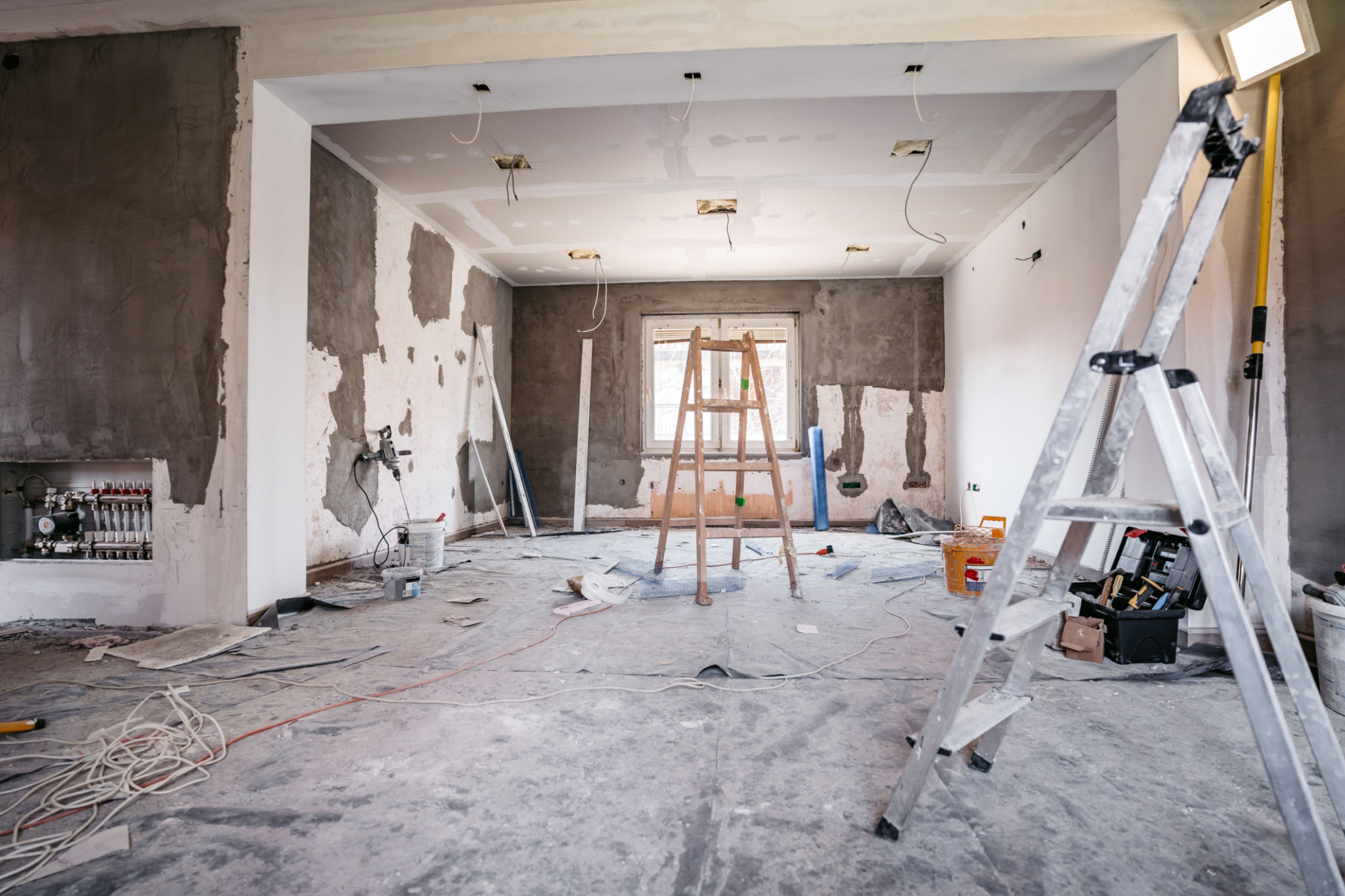Expert Insights: Common Mistakes When Estimating Property Value
Estimating property value is a crucial task for real estate professionals, homeowners, and potential buyers. However, it is often fraught with challenges and common mistakes that can lead to inaccurate valuations. To help you navigate this complex process, we've compiled expert insights into the most frequent pitfalls encountered in property valuation.
Overlooking Market Trends
One of the most common mistakes in property valuation is ignoring current market trends. The real estate market is dynamic, with values fluctuating based on a variety of factors such as economic conditions, interest rates, and local developments. Failing to consider these trends can lead to outdated or incorrect valuations.

Ignoring Comparative Analysis
Another critical error is neglecting to perform a comparative market analysis (CMA). CMAs involve comparing the property in question to similar properties in the area that have recently sold. This comparison provides a benchmark for determining a realistic market value. Skipping this step can result in valuations that are either too high or too low.
Neglecting Property Condition
The physical state of a property plays a significant role in its value. Overlooking necessary repairs or updates can lead to an inflated estimate. Conversely, not recognizing the value added by recent renovations or enhancements can result in undervaluation.

Underestimating Location Impact
Location is a primary determinant of property value. Factors such as proximity to schools, public transportation, and shopping centers can significantly alter a property's worth. Underestimating the impact of location and its amenities can lead to inaccurate assessments.
Relying Solely on Automated Tools
With the rise of technology, many rely on automated valuation models (AVMs) for estimating property value. While these tools can provide a quick estimate, they often lack the nuance and context that a human appraiser can provide. Depending solely on AVMs without human insight can result in misleading valuations.

Forgetting to Consider Future Developments
Properties situated in areas with upcoming developments or infrastructure projects can experience significant value changes. Failing to account for future growth or decline in an area can lead to valuations that do not reflect the property's true potential.
Conclusion: Striving for Accuracy
Accurate property valuation is both an art and a science, requiring attention to detail and a comprehensive understanding of various influencing factors. By avoiding these common mistakes, you can ensure more precise valuations that reflect true market conditions and property potential.
For anyone involved in real estate transactions, understanding these pitfalls is essential for making informed decisions and achieving successful outcomes in the ever-evolving property market.
